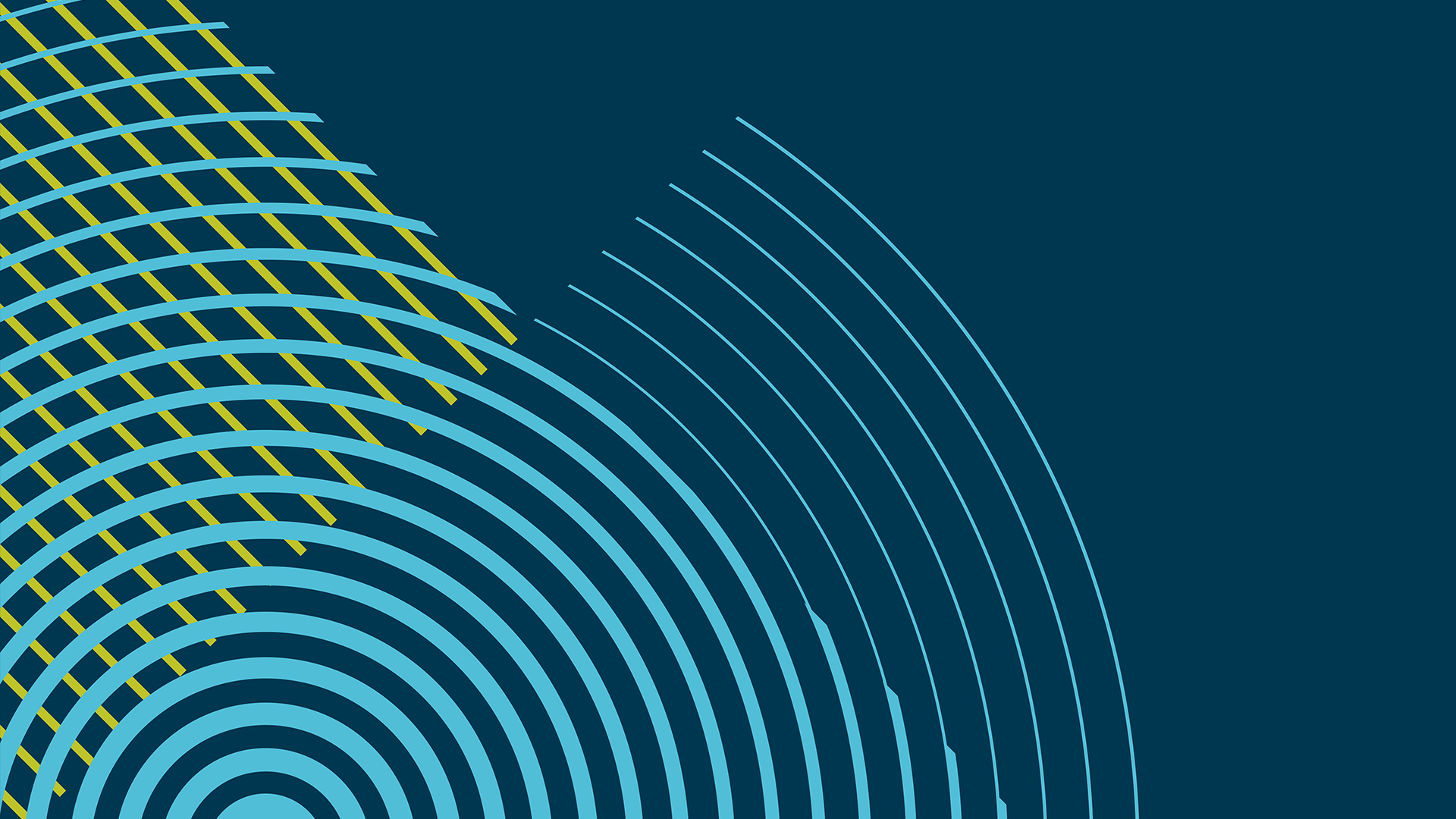


The Charter of Trust is a non-profit alliance of global companies that are thought leaders and pioneer practitioners in cybersecurity and digital trust.
Activities
Strengthening cyber resilience
Key Initiatives in Security by Default, Supply Chain Security, Emerging Technologies, Education, and External Engagement

News and publications
Latest updates
Important milestones towards more cybersecurity

Trustworthiness in AI
Artificial Intelligence (AI) is rapidly becoming a cornerstone of economic competitiveness, public service delivery, and national security. At the same time, it introduces new systemic risks to cybersecurity, privacy, and societal trust. This paper, developed under the Charter of Trust’s Principle 3 “Security by Default”, addresses this dual challenge: securing AI systems throughout their lifecycle while responsibly leveraging AI to strengthen cybersecurity.
Aligned with the Charter of Trust’s overarching goals—to protect data, prevent harm to people and infrastructure, and establish a reliable foundation for trust in a digital world—the paper outlines how Security by Default can operationalize Trustworthy AI. It positions security not as a reactive compliance exercise, but as an inherent, continuously enforced design principle that enables innovation while safeguarding resilience, transparency, and accountability.
Against a backdrop of increasing geopolitical competition, fragmented regulatory regimes, and accelerating AI adoption, the paper highlights the strategic importance of trust as a differentiator for organizations and societies alike. It examines key governance, technical, and regulatory risks surrounding AI, and underscores the need for coherent governance models that integrate cybersecurity, privacy, and ethical considerations from design through deployment and operation.
Building on the Charter of Trust’s prior work, the paper provides a high-level framework for embedding Security by Default across the AI lifecycle, aligned with emerging global regulations such as the European Union (EU) AI Act. It also demonstrates how AI, when securely designed and governed, can serve as a powerful enabler of cybersecurity—enhancing threat detection, incident response, and risk management.
Ultimately, the paper reinforces the Charter of Trust’s conviction that trust, security, and innovation must advance together. By embedding Security by Default and Trustworthy AI principles at the core of AI development and use, organizations can strengthen digital trust, improve resilience, and contribute to a safer and more reliable digital future.
Please download the full report below.
Aligned with the Charter of Trust’s overarching goals—to protect data, prevent harm to people and infrastructure, and establish a reliable foundation for trust in a digital world—the paper outlines how Security by Default can operationalize Trustworthy AI. It positions security not as a reactive compliance exercise, but as an inherent, continuously enforced design principle that enables innovation while safeguarding resilience, transparency, and accountability.
Against a backdrop of increasing geopolitical competition, fragmented regulatory regimes, and accelerating AI adoption, the paper highlights the strategic importance of trust as a differentiator for organizations and societies alike. It examines key governance, technical, and regulatory risks surrounding AI, and underscores the need for coherent governance models that integrate cybersecurity, privacy, and ethical considerations from design through deployment and operation.
Building on the Charter of Trust’s prior work, the paper provides a high-level framework for embedding Security by Default across the AI lifecycle, aligned with emerging global regulations such as the European Union (EU) AI Act. It also demonstrates how AI, when securely designed and governed, can serve as a powerful enabler of cybersecurity—enhancing threat detection, incident response, and risk management.
Ultimately, the paper reinforces the Charter of Trust’s conviction that trust, security, and innovation must advance together. By embedding Security by Default and Trustworthy AI principles at the core of AI development and use, organizations can strengthen digital trust, improve resilience, and contribute to a safer and more reliable digital future.
Please download the full report below.
Read more
February 10, 2026

AI Policy Paper
Artificial intelligence has become a critical component of modern industrial processes, cybersecurity operations, and digital infrastructure. As companies increasingly build and integrate their own AI capabilities, the need for secure, trustworthy, and compliant digital environments has never been more pressing.
In this paper, our AI Working Group provides a clear framework for organisations to navigate this landscape, marked by concentrated provider ecosystems, fragmented global regulations, and geopolitical supply chain risks, alongside the internal requirements necessary to build AI responsibly.
A key aspect is helping organisations prepare for the EU AI Act, based on the overarching principle that compliance cannot be treated as a simple checklist exercise, and should instead drive strategic transformation. Organisations are encouraged to ensure visibility over all AI systems in use, promoting alignment across technical, legal, and business functions. Strengthening governance is equally critical. Executive level oversight, supported by operational teams, should lead to consistent, iterative risk assessment throughout the AI lifecycle, ensuring that performance, ethical, legal, and operational risks are identified and addressed early.
Companies must also balance compliance investments against the financial and reputational risks of non compliance. The penalties under the AI Act are substantial. However, proactive preparation not only reduces exposure, it can also create a competitive advantage by enabling faster innovation, strengthening customer relationships and regulator trust, and reducing uncertainty in product development.
Looking ahead, organisations should treat AI governance as a long term, adaptive discipline. Regulation and technology will continue evolving, and resilience depends on flexible policies, modular system architectures, and scalable governance processes.
Continuous monitoring of regulatory developments, active participation in standards setting activities, and sustained investment in skills are essential to fostering a responsible AI culture centred around a holistic understanding of compliance.
Please download the full report below.
In this paper, our AI Working Group provides a clear framework for organisations to navigate this landscape, marked by concentrated provider ecosystems, fragmented global regulations, and geopolitical supply chain risks, alongside the internal requirements necessary to build AI responsibly.
A key aspect is helping organisations prepare for the EU AI Act, based on the overarching principle that compliance cannot be treated as a simple checklist exercise, and should instead drive strategic transformation. Organisations are encouraged to ensure visibility over all AI systems in use, promoting alignment across technical, legal, and business functions. Strengthening governance is equally critical. Executive level oversight, supported by operational teams, should lead to consistent, iterative risk assessment throughout the AI lifecycle, ensuring that performance, ethical, legal, and operational risks are identified and addressed early.
Companies must also balance compliance investments against the financial and reputational risks of non compliance. The penalties under the AI Act are substantial. However, proactive preparation not only reduces exposure, it can also create a competitive advantage by enabling faster innovation, strengthening customer relationships and regulator trust, and reducing uncertainty in product development.
Looking ahead, organisations should treat AI governance as a long term, adaptive discipline. Regulation and technology will continue evolving, and resilience depends on flexible policies, modular system architectures, and scalable governance processes.
Continuous monitoring of regulatory developments, active participation in standards setting activities, and sustained investment in skills are essential to fostering a responsible AI culture centred around a holistic understanding of compliance.
Please download the full report below.
Read more
February 10, 2026

Webinar: Cybersecurity Regulations in North America
On Tuesday, the Charter of Trust convened a timely virtual panel discussion on 'Security by Default in View of Major Cybersecurity Regulations in North America'. With more than 100 participants joining from around the world, the discussion underscored just how urgent, and global, the cybersecurity challenge has become.
A huge thank you to our outstanding panellists for their invaluable insights and for sharing their experiences with us: Linda Strick (Cloud Security Alliance), Kyle McMillan (Siemens), Lauren Zabierek (CAS Strategies), Rob Spiger (Microsoft), Sam Curry (Zscaler), and great moderation from Sudhir Ethiraj (TÜV SÜD).
The CoT expert panel:
- discussed fragmented cybersecurity regulations in North America and the need for more resilient infrastructure and security-by-default practices
- emphasized the need to embed security early in product architecture rather than addressing it post-incident
- highlighted the importance of structured collection of security signals and incident reporting to improve software safety
- discussed about software as critical infrastructure affecting national security, economy, and public health, requiring robust safety measures
Thank you to everyone who participated! A recording of the webinar can be found at the bottom of this page.
A huge thank you to our outstanding panellists for their invaluable insights and for sharing their experiences with us: Linda Strick (Cloud Security Alliance), Kyle McMillan (Siemens), Lauren Zabierek (CAS Strategies), Rob Spiger (Microsoft), Sam Curry (Zscaler), and great moderation from Sudhir Ethiraj (TÜV SÜD).
The CoT expert panel:
- discussed fragmented cybersecurity regulations in North America and the need for more resilient infrastructure and security-by-default practices
- emphasized the need to embed security early in product architecture rather than addressing it post-incident
- highlighted the importance of structured collection of security signals and incident reporting to improve software safety
- discussed about software as critical infrastructure affecting national security, economy, and public health, requiring robust safety measures
Thank you to everyone who participated! A recording of the webinar can be found at the bottom of this page.
Read more
January 28, 2026
-->-->
























